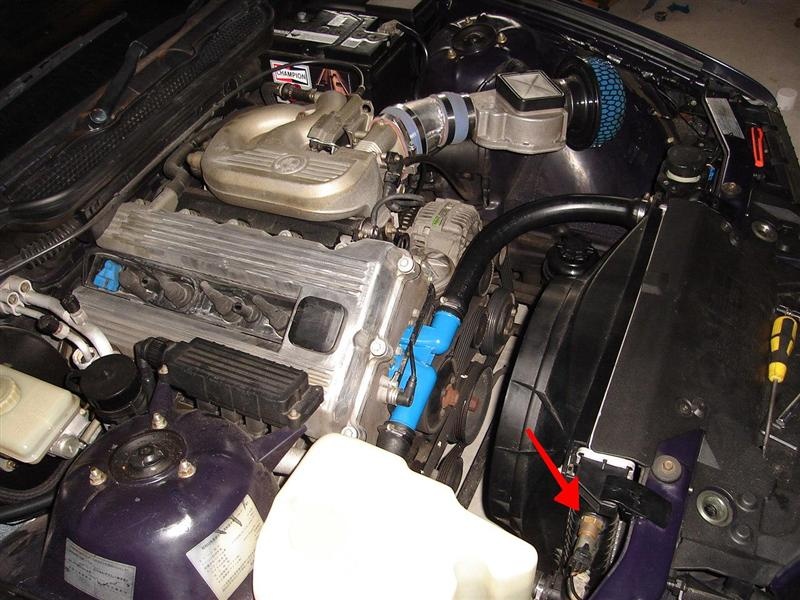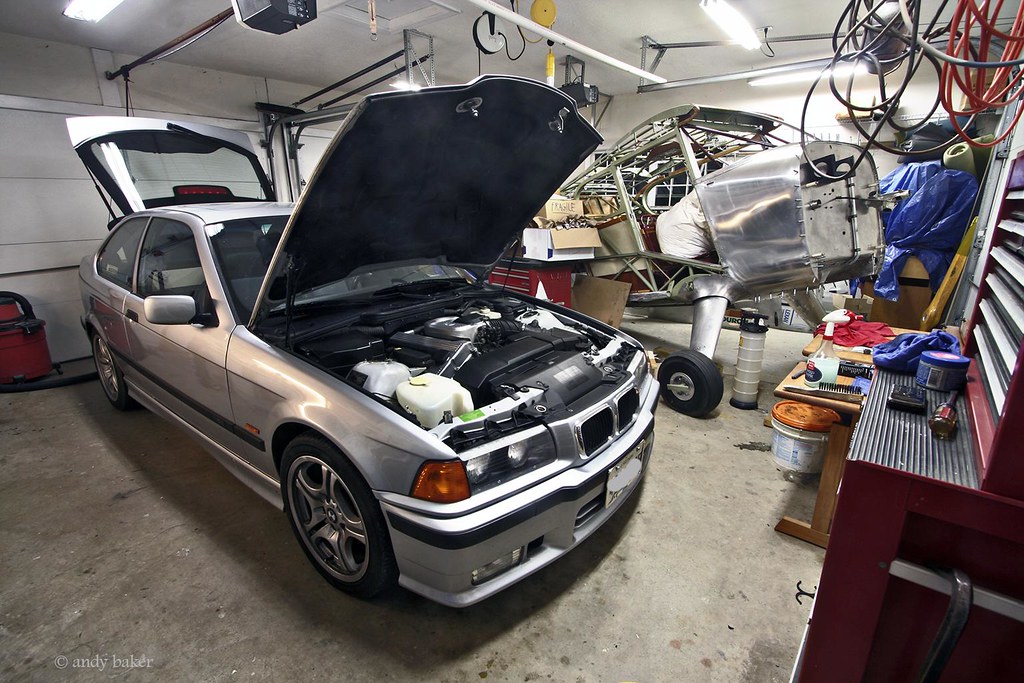BMW 318ti: Efficiency Specifications and Characteristics Explained
BMW 318ti: Efficiency Specifications and Characteristics Explained
Blog Article
Vital Considerations for Choosing the most effective Engine for Your Needs
In the world of choosing the optimal engine to meet your demands, several critical elements demand thorough consideration to make certain optimal efficiency and performance. From the nuanced equilibrium between power and performance to the often-overlooked elements of upkeep and solution demands, each element plays a pivotal function in identifying one of the most ideal engine for your details needs. As the complexity of engine modern technologies continues to advance, critical one of the most fitting choice demands a deep understanding of the interplay in between numerous considerations. By checking out the detailed web of aspects that underpin this decision-making procedure, a clearer path arises in the direction of picking an engine that not only meets however exceeds your assumptions.
Power and Efficiency
When evaluating engines for optimal performance, it is crucial to prioritize both power output and efficiency. Power output gauges the capacity of an engine to create power, which straight influences its efficiency. A high power outcome is necessary for demanding tasks such as high-speed needs or heavy-duty applications. It guarantees that the engine can deal with the work effectively and efficiently. Nonetheless, power alone is not enough; performance plays a substantial function in identifying the overall efficiency of an engine. Performance refers to how well the engine transforms fuel into useful energy. A a lot more efficient engine will certainly deliver far better mileage, lower emissions, and minimized operating expenses. Striking the ideal balance between power outcome and performance is crucial to selecting an engine that satisfies your specific demands. When making this decision, it is necessary to think about factors such as the meant usage of the engine, environmental influence, and long-term expense effects. By meticulously examining both power and efficiency, you can select an engine that supplies optimal performance and satisfies your needs efficiently.
Fuel Effectiveness and Economic Situation
Gas effectiveness refers to the engine's capacity to convert fuel into energy with very little waste, straight affecting operating expenses and environmental sustainability. Engines with greater gas effectiveness not only decrease fuel expenses yet likewise lower carbon exhausts, contributing to a greener procedure.

Compatibility and Application
Taking into consideration the fuel efficiency and economic situation of an engine, the following crucial facet to address is its compatibility and application within specific operational contexts. Compatibility refers to exactly how well the engine incorporates with the total system or devices it powers.
Moreover, the application of the engine is equally essential. Different engines are made for particular objectives, whether it be commercial machinery, aquatic vessels, cars, or power generators. Comprehending the intended application permits the selection of an engine that can deliver the needed power output, torque, and operational qualities. A high-revving engine created for efficiency cars would not be suitable for heavy-duty building and construction devices that needs high torque at reduced rates.
Upkeep and Service Needs
Maintenance and solution needs play a vital duty in guaranteeing the durability and optimum efficiency of an engine. Routine upkeep is vital to stop failures, extend special info the lifespan of the engine, and preserve its effectiveness. When choosing an engine, it is very important to take into consideration the manufacturer's recommended maintenance routine and the accessibility of solution facilities or qualified specialists.
Aspects such as the regularity of oil modifications, filter substitutes, and total examinations can significantly impact the engine's performance. Some engines may need more regular servicing based on their design and usage, while others might have longer intervals between maintenance checks. It is vital to stick to these solution needs to stay clear of expensive repair services and unanticipated downtime.

Expense and Budget Factors To Consider
Budget plan constraints often play a substantial function in the decision-making procedure when choosing an engine for a particular application. When taking into consideration the expense and spending plan ramifications of picking an engine, it is important to assess not just the initial purchase price yet likewise the lasting expenses related to maintenance, gas consumption, and potential upgrades or repair services. It is vital to strike an equilibrium between the in advance price of the engine and its overall lifecycle expenses to make certain that the selected engine continues to be economically lasting throughout its functional life expectancy.
Variables such as fuel performance, reliability, and sturdiness can straight affect the overall expense of possession of an engine. While an extra pricey engine might have greater upfront expenses, it can investigate this site possibly lead to reduced upkeep and gas expenditures over time, thus offering much better value over time. Furthermore, thinking about the schedule and expense of extra parts, in addition to the convenience of upkeep and solution, can assist stop unforeseen monetary stress in the future. By very carefully reviewing these price and spending plan factors to consider, you can make an enlightened decision that aligns with your operational requirements and financial restraints.
Verdict

Fuel performance refers to the engine's ability to convert gas into energy with marginal waste, straight impacting operating expenses and ecological sustainability.Factors influencing gas effectiveness consist of engine design, combustion effectiveness, and total efficiency optimization. Additionally, choosing the proper gas kind and quality as recommended by the engine supplier can additionally boost efficiency and prolong engine life expectancy.
Engines with great use attributes and readily available parts can minimize upkeep expenses and lessen the time the engine is out of procedure - bmw 318ti. It is important to strike an equilibrium in between the upfront expense of the engine and its general lifecycle expenses to make sure that the selected engine stays economically lasting throughout its operational life expectancy
Report this page